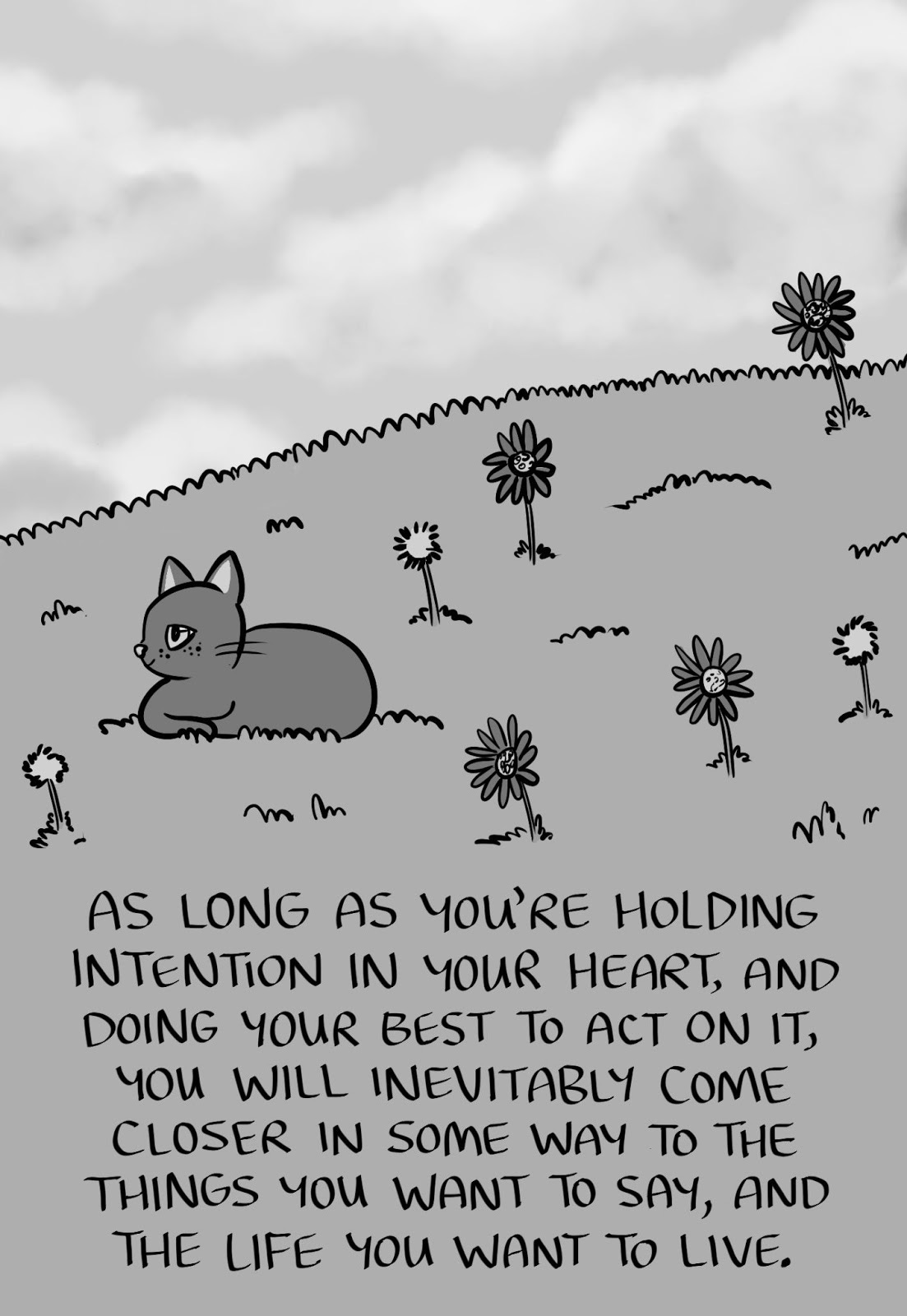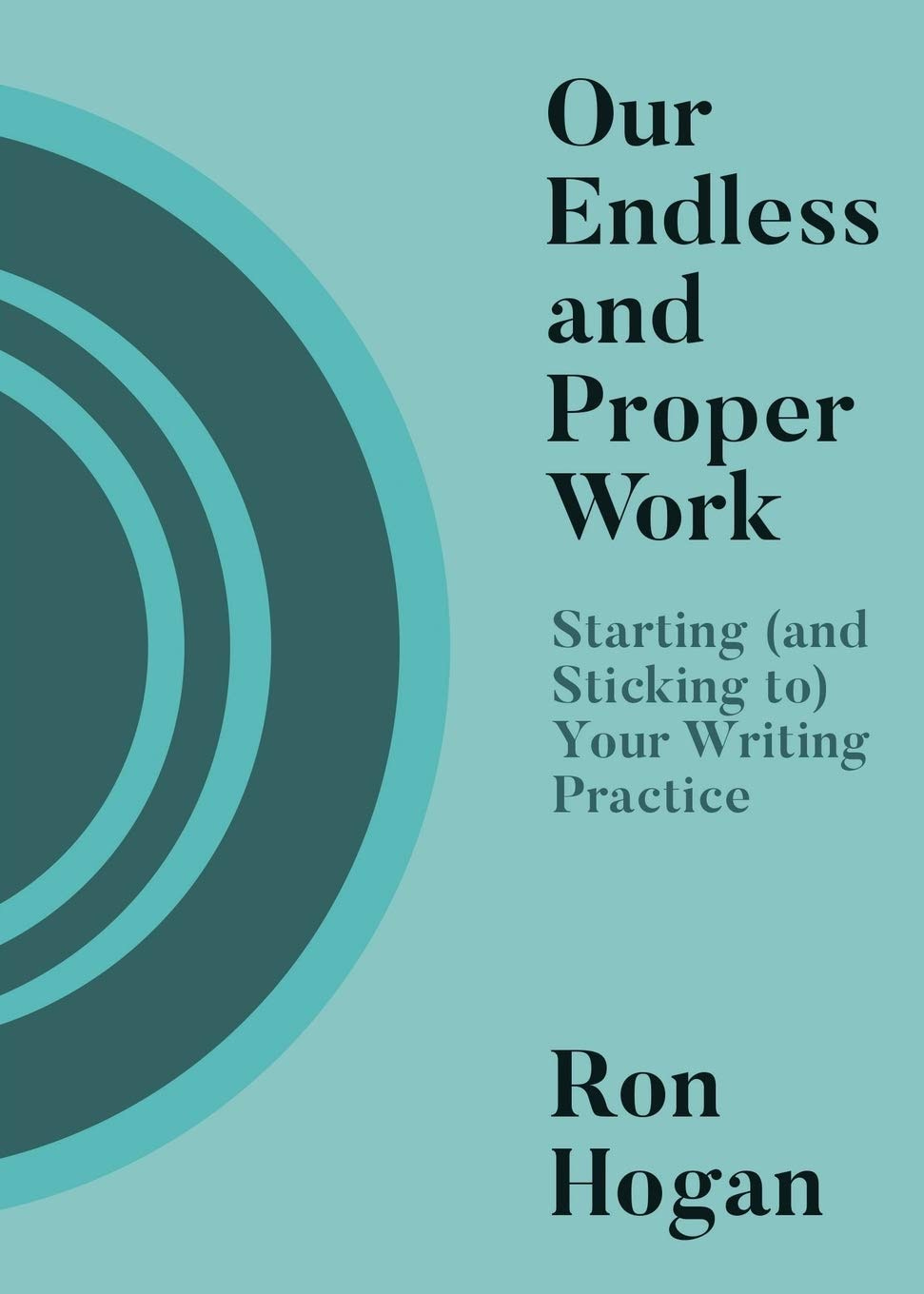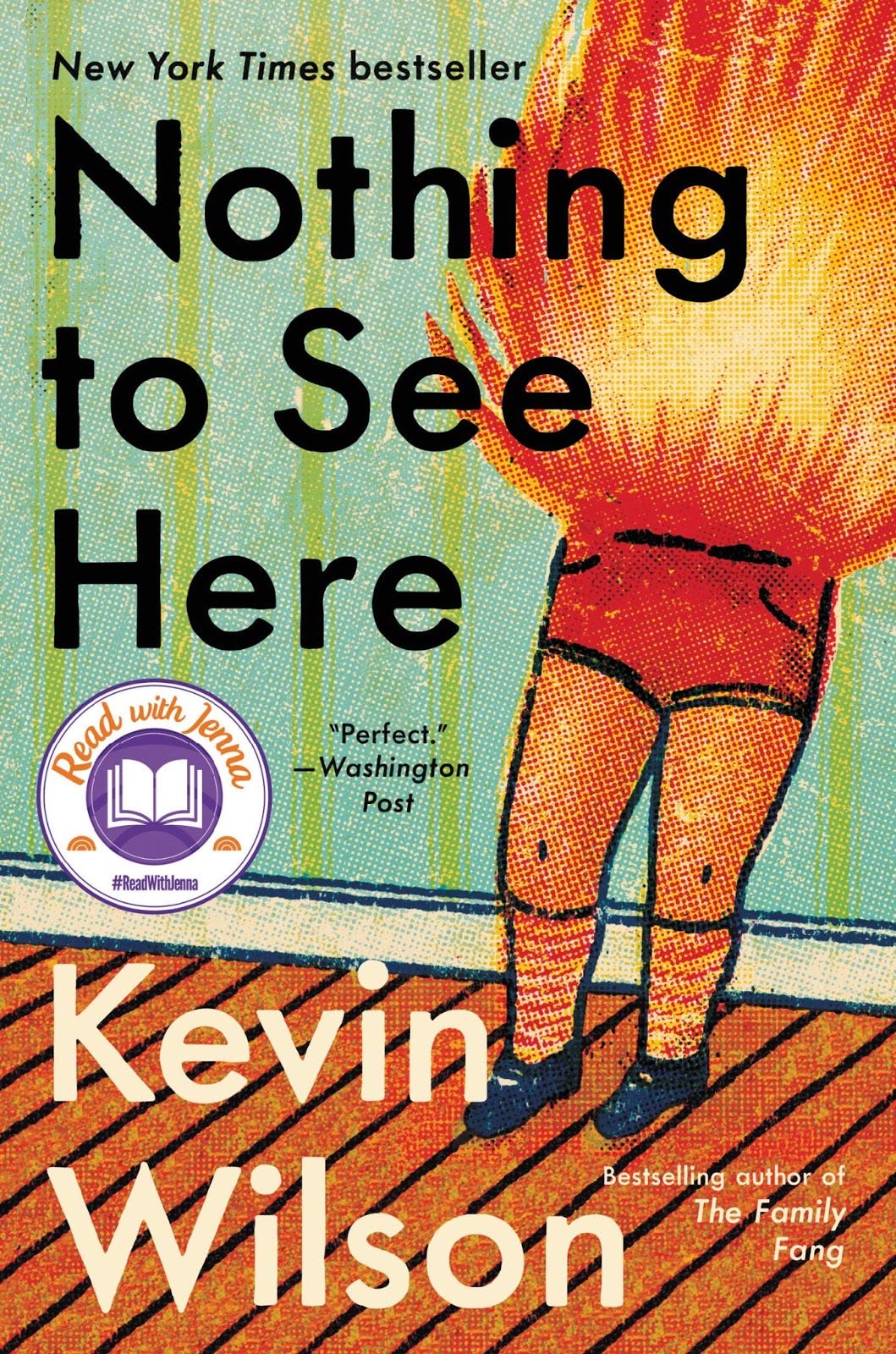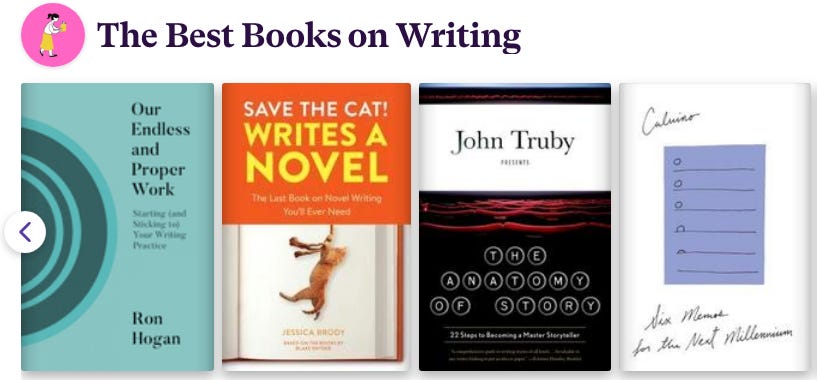Writing Is Endless and Proper Work
Author Ron Hogan is here to prove that writing, first and foremost, takes practice.
After today’s issue, Lonely Victories will be taking a summer break. I’ll return in the fall with more writing tips, reading recommendations, and reader feedback!
One of my favorite things about writing this newsletter is meeting fellow writers within the Substack community. Author Ron Hogan is one of those people. I’m lucky that he’s championed my work with Lonely Victories in his own newsletter!
Presumably, you subscribed to this newsletter (thank you!) because you enjoy learning about the writing process. If that sounds like you, you’ll love Ron’s new book, Our Endless and Proper Work: Starting (and Sticking to) Your Writing Practice, out next week from Belt Publishing. In this book, Ron touts the importance of developing a sustainable writing practice, “practice” being the key word. I asked him some questions about the role that practice plays in writing.
You’ve been on the literary scene for a while now and have observed a lot of writers' patterns, routines, and habits. In your opinion, what do you think writers are getting wrong about their approaches to their work?
One thing I touch upon in the book is the attempt to find our “perfect” writing routine, getting the place and time and frequency just right. And you *should* always strive for the best conditions possible in which to do your work, but you should be prepared, even if you find them, to lose them without warning. Hold onto your dream writing scenario lightly, and be prepared to carve writing time out of whatever circumstances life hands you.
In your book, you urge writers not to write for the sake of pursuing publication. Do you find yourself falling into that trap as a writer? When you do, how do you pull yourself out of it?
Well, the caveat here is that I’m at a stage where, except for my prayer journals, publication is generally a given when I write, or at least a strong prospect—either I’m on assignment, or I’m working on a new issue of my newsletter. But even in those cases, the challenge I give myself is to focus on the questions I need to answer for myself today, not what I think an audience wants to see. (If I’m working with an editor, she’ll tell me, after I turn in a draft, where I haven’t yet made myself clear to another reader.)

One of the chapters of your book is called “Preparing Yourself for the Long Haul.” What advice do you have for writers who aim to build sustainable, long-lasting writing practices in their lives?
I said before that we should hang onto our writing routines lightly and be prepared to let them go as circumstances require. Even so, I believe that, to the extent possible, when life presents us with options, it’s desirable to make choices that nourish our writing practices—not all of which involve the act of writing. That’s important, obviously, but it’s also important to cultivate inspiration and practice empathy and compassion. All three of those will lead to better writing down the line.
Ron’s book, Our Endless and Proper Work: Starting (and Sticking to) Your Writing Practice, will be released next week. Order it now, and while you’re at it, subscribe to his wonderful newsletter (which always contains pictures of his two adorable feline companions!)
How often do you share your writing with others?
In the last issue, I gave a few tips about writing swaps. Here’s what you said about sharing your work with others.
“When I’ve taken care of all the obvious revisions, that’s when I know I’m ready for feedback. I like to have second eyes on at least one draft before I feel confident in the end result.” —Julia
“I share it with my sister when I am stuck and need someone not in my head to give it a fresh perspective.” —Krystina
“Fairly often. I share when I have something I am stuck on, when I think it’s done, or when I am really excited about it.” —Zara
I want to hear about your writing process! Answer some questions in my reader questionnaire and I may include your response in a future issue.
Really Digging This
Here’s what I’ve been reading and loving lately (including my NEW FAVORITE BOOK).
The Subtweet — I’m interested in any book that uses social media as a setting, but that’s only one reason why I adored this novel. The Subtweet covers the highs and lows of the relationship between two musicians. Author Vivek Shraya’s approach to issues of race in this book reminded me of the way Kiley Reid explored issues of a similar vein in Such a Fun Age—the discussion is accessible, but still messy, and it doesn’t try to resolve anything so much as shine a light on the fucked-up-ness of the issues. I found Shraya’s writing to be equal parts thought-provoking and entertaining. The winning combo!
Shraya is also a talented musician, and after reading the book, I discovered that she released recordings of the songs one of her characters had written in the book. Swoon! Also, the entire audiobook of The Subtweet is available to stream on Spotify. Great for a summer road trip!
Nothing to See Here — About a dozen people have recommended this novel to me, but I resisted reading it for a long time for a few reasons. I judged it by its cover. The story is about children who spontaneously combust, which was a concept that seemed tricky to sustain in a novel. I figured I’d get around to reading it eventually. Then, when I found myself with nothing to read over the weekend, I cracked it open.
Boy, was I wrong. This book has everything I love. Laugh-out-loud humor? Check. Strong woman protagonist? Check. Southern setting? Check. (It takes place in Tennessee, where author Kevin Wilson is from.) Deep examinations of issues like income inequality and mental health? Check. Moments that brought me straight to tears? Check. It’s also very queer in an unexpected way. Seriously—everything about this book shines!
TL;DR? Perhaps my Goodreads review will be more your speed (especially since this book broke my years-long Goodreads rating/review silence).
Workshops and More
I am hosting two sessions of my workshop for fiction and nonfiction writers in August. This class includes five weeks of feedback and encouragement in a small-group setting on Zoom. These sessions tend to fill up quickly, so if you’re interested, sign up soon!
Prefer a one-on-one approach to your writing? I’m also available for editing consultations to get your writing submission-ready. You can sign up for a slot here.
Tell me about your lonely victories.
“I’m publishing my novel!” —Susan
I want to hear about your writing achievements, too! Answer my reader questionnaire and I may include your response in future issues of the newsletter.
Lonely Victories is a labor of love. You can support my work by shopping my Bookshop.org affiliate page, taking a workshop with me, hiring me to edit your writing, or tipping me for coffee.
Have a great summer! LYLAS!
“Writing alone can give you a very deep sense of satisfaction and lonely victory.” —Greta Gerwig











